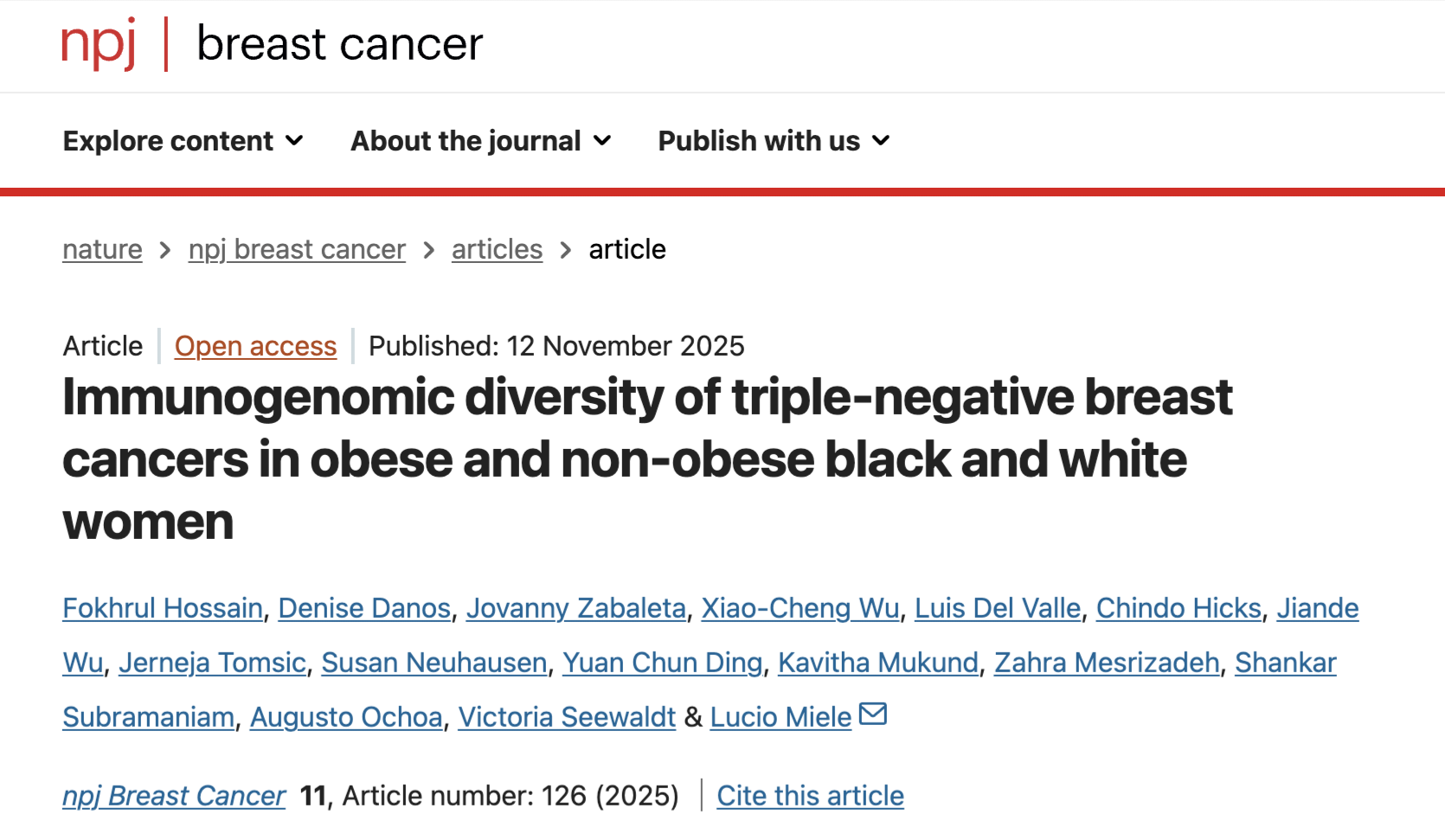
Focusing on Priority Populations - BIPOC and LGBTQ+ populations
Pictured, from left, Mary Barrios, Town of Farmerville, Davondra Brown, Louisiana Department of Health, James Husband, Louisiana Campaign for Tobacco-Free Living, Erica Ledet, Louisiana Public Health Institute, Dr. Amanda Norris, Go Care
For a full day on June 2, 2023, at Louisiana Tech University in Ruston, community advocates, providers and researchers held in-depth discussions, shared best practices and built relationships with a goal of improving health in Louisiana. Panelist James Husband of the Louisiana Campaign for Tobacco-Free Living provided us with his key takeaways.
LGBTQ+ and Black, Indigenous and People of Color (BIPOC) communities experience social and health inequities due to a history of disparate treatment and other complex challenges. To address these inequities, it is important that public health providers understand community needs, are equitable in identifying and distributing resources, are culturally responsive, and are accountable to provide quality services to these priority communities.
Trust and Relationship Building. Public health providers should be transparent about their intentions when working with communities to gain their trust and build relationships, recognizing that this is the first step in fostering meaningful partnerships. Public health providers are there to serve the community and should be intentional to take time and care to get to know their local LGBTQ+ and BIPOC community’s needs.
Elevating Community Voices. LGBTQ+ and BIPOC community voices are often left out of the conversation related to identifying community needs, as well as the appropriate resource allocation and distribution to meet these needs. Equitable practice includes public health providers’ intentionality in making sure community voices are elevated, heard, and valued when identifying needs, creating events, or allocating and distributing resources for specific communities.
Cultural Responsiveness. It is the responsibility of public health providers, practitioners, and programmers, to listen to community members’ feedback to create and provide affirming care, service, and programming. This includes honoring social and cultural customs and mirroring the language that some LGBTQ+ and BIPOC communities use, while also understanding that these communities are not monolithic but nuanced and diverse.




